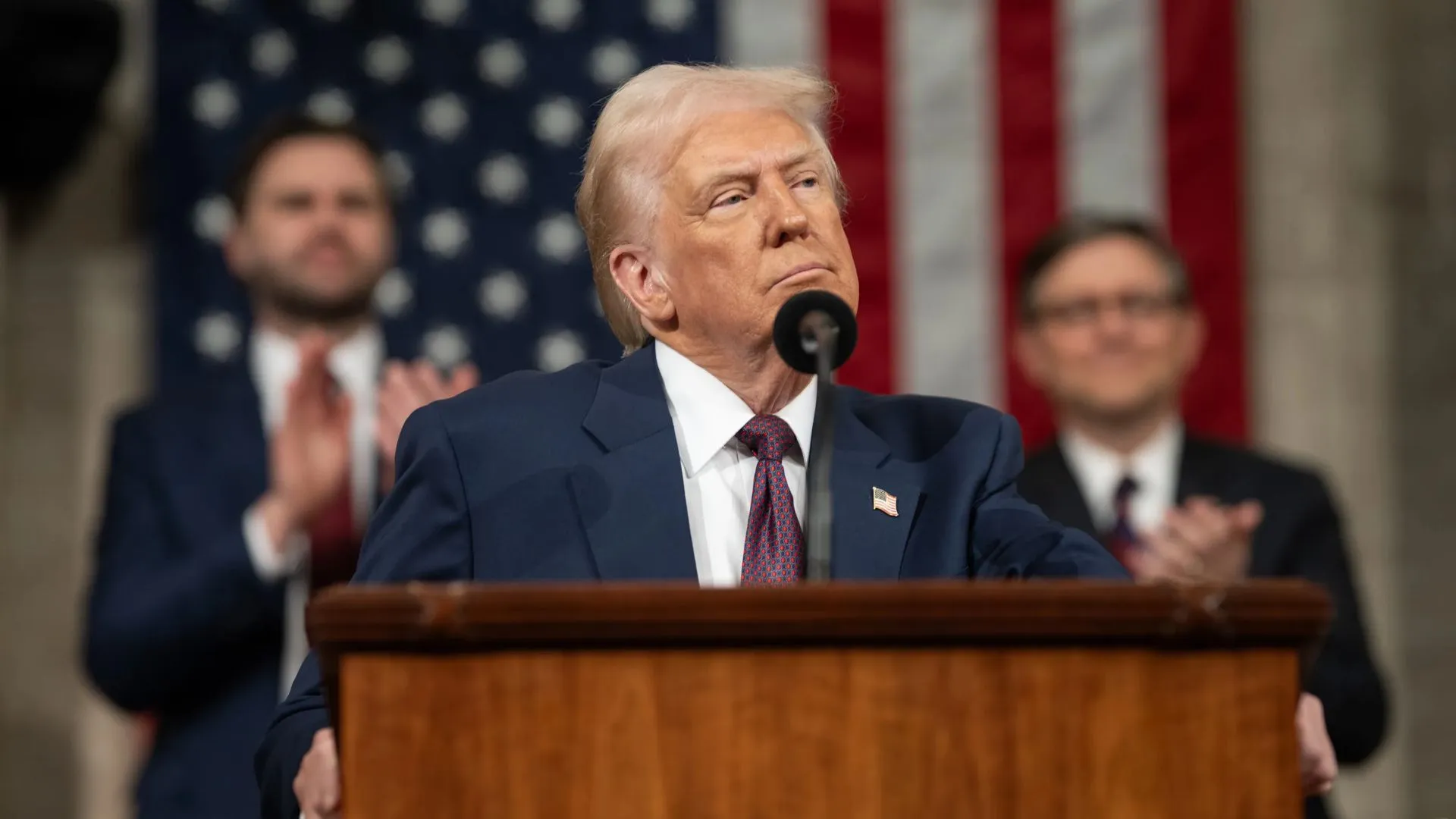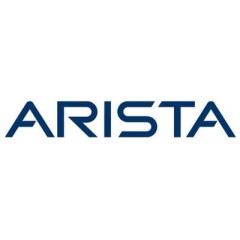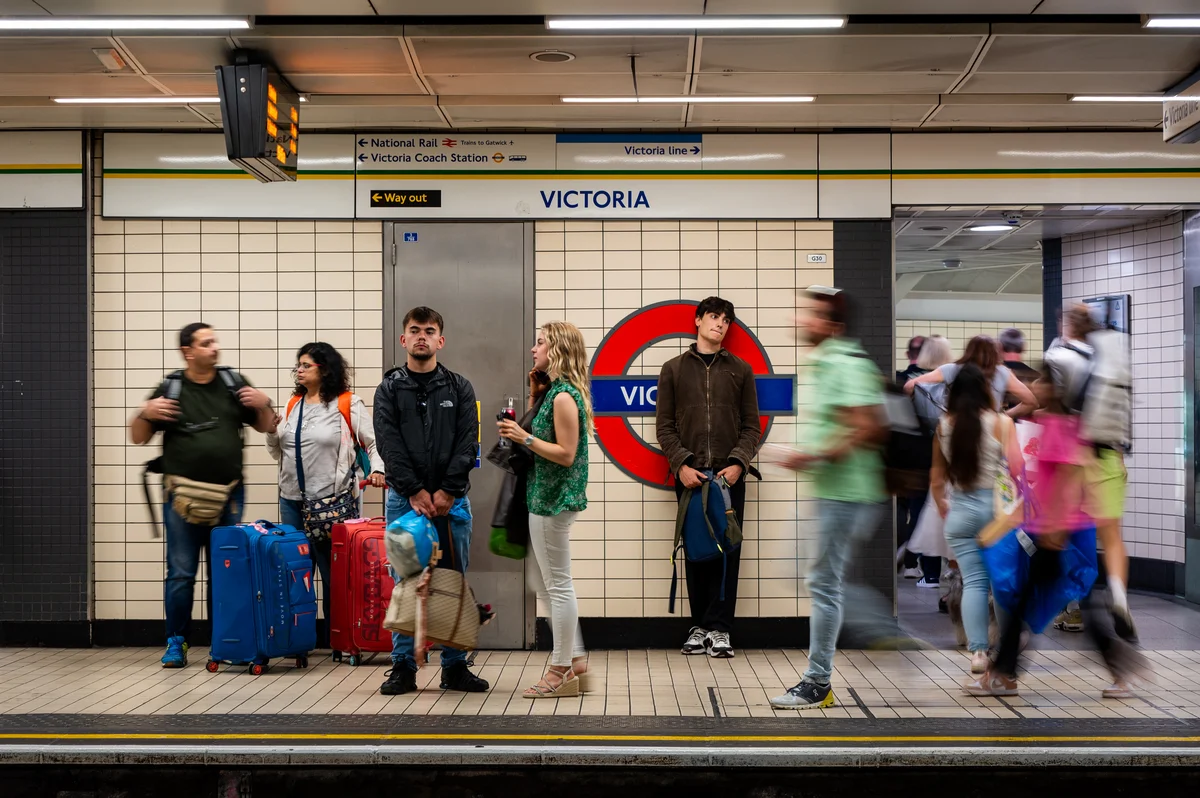
U.S. President Donald Trump signed a proclamation on September 19, imposing a $100,000 annual fee on each H-1B visa application. The H-1B program has long been the backbone of the U.S. tech industry, especially for companies hiring skilled workers from India and China.
At a press briefing, US Commerce Secretary Howard Lutnick said the new rule was discussed with “all the big companies.” He added, “A hundred-thousand dollars a year for H-1B visas, and all of the big companies are on board. We’ve spoken to them.”
Lutnick stressed that firms should focus on hiring US graduates instead of relying on international talent. “Train Americans. Stop bringing in people to take our jobs,” he said.
Industry pushback and economic stakes
The announcement has triggered strong reactions. The tech industry, which has historically relied on H-1B workers more than any other sector, views the move as a major setback.
Amazon secured more than 10,000 H-1B approvals in the first half of 2025, while Microsoft and Meta each obtained more than 5,000.
Supporters of the visa system, like Tesla CEO Elon Musk, argue that it is vital for bringing in global talent. Musk himself once held an H-1B visa.
Critics, however, believe the program lowers wages for US workers and allows companies to bypass American talent.
Deedy Das, a partner at Menlo Ventures, warned that such high fees could hurt the economy. Writing on X, he said, “If the US ceases to attract the best talent, it drastically reduces its ability to innovate and grow.”
Legal questions and immigration policy shifts
Immigration experts are challenging the legality of Trump’s proclamation. Aaron Reichlin-Melnick, a senior fellow at the American Immigration Council, said on Bluesky: “The president has literally zero legal authority to impose a $100,000 fee on visas. None. Zip. Zilch.”
Currently, H-1B applicants pay a few thousand dollars in processing costs, most of which fall on employers. The program provides 65,000 visas each year, plus 20,000 more for those with advanced degrees. Approved visas allow workers to stay for three to six years.
The new fee is part of a larger set of actions by Trump aimed at tightening legal immigration. Last month, the US tested a program requiring bonds of up to $15,000 for certain visas. Earlier this year, a travel ban restricted entry from 19 countries. Previous attempts to limit H-1B visas were struck down by federal courts.
“Gold Card” for million-dollar residents
Alongside the H-1B announcement, Trump signed an executive order creating a new “gold card” program. This would allow individuals to gain US permanent residency if they can pay $1 million.
For many smaller firms and startups, the $100,000 annual H-1B fee could make hiring foreign talent impossible.
Larger corporations may absorb the cost, but experts warn that the overall impact could reduce America’s ability to compete for top global talent.



